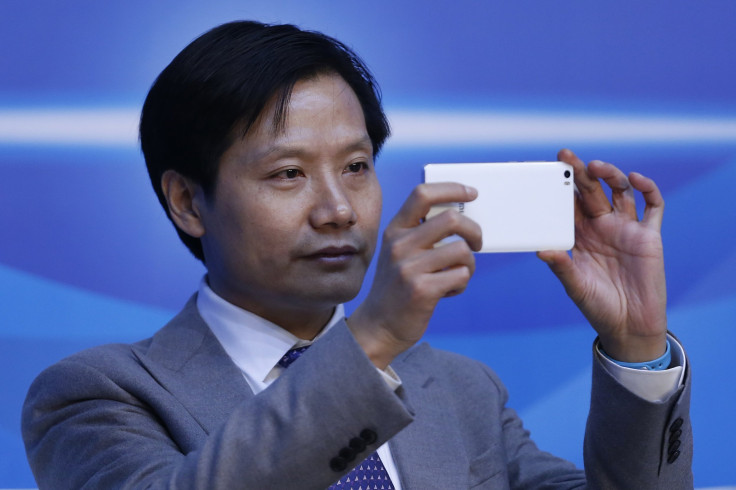Xiaomi Misses Revenue Target Despite Internet Services Growing 150% In 2015: Report

Xiaomi's plan to become more than simply a smartphone maker is working, but maybe not fast enough. Leaked documents show the company's revenue from internet services like games and mobile payments shot up 150 percent in 2015, but still missed an internal target set by the company's CEO by some distance.
The leaked documents, seen by Reuters, show Xiaomi's internet services revenue surged to 3.71 billion yuan ($563.94 million) from 1.48 billion yuan ($225 million) a year earlier. According to the documents, Lei Jun, founder and chief executive of China's most valuable startup, had set a target of $1 billion last year.
The leak comes two weeks after the company revealed that it had missed its smartphone sales target for 2015, selling 70 million smartphones in the last 12 months, significantly down compared to the 80 million target it had set itself halfway through the year.
The documents don't show the company's total revenue for 2015 but the latest revenue miss will once again bring into question the $45 billion valuation the company was given a year ago when it raised $1.1 billion in fresh funds.
"Given that Xiaomi's valuation has always been based on the company being more than a commodity handset manufacturer, missing their services revenue goal by such a significant margin is even more concerning than missing their handset target," Ben Thompson, a tech analyst at Stratechery, told Reuters.
"That said, the company did increase their services revenue per handset sold, so they are moving in the right direction. It's just a question of if they can move fast enough," Thompson added.
The Chinese company is seen by many as simply a smartphone maker but it has always described itself as an internet company. It is seeking to build an ecosystem where the smartphone is at the heart of a range of connected products and services. Xiaomi also sells a range of smart home and fitness devices and has said it plans on investing in up to 100 startups as it seeks to lessen the reliance on smartphone sales.
The smartphone market is slowing globally with the highest profile casualty being Apple, which on Tuesday predicted slowing smartphone sales for the current quarter that would mark its first-ever drop in iPhone sales.
Xiaomi is further restricted by the fact it sells its smartphones in just a handful of countries, with China being by far its most important market. However, in China, which is also seeing a slowdown in smartphone sales, it has seen strong competition from compatriots, Huawei and Lenovo, as well as Apple and Samsung.
Xiaomi is planning to hold its annual Spring Conference on Feb. 24 in Beijing where it will launch its Mi 5 flagship smartphone for 2016. It is also expected to release a number of other products and give an indication of where the focus for the company lies.
© Copyright IBTimes 2025. All rights reserved.




















